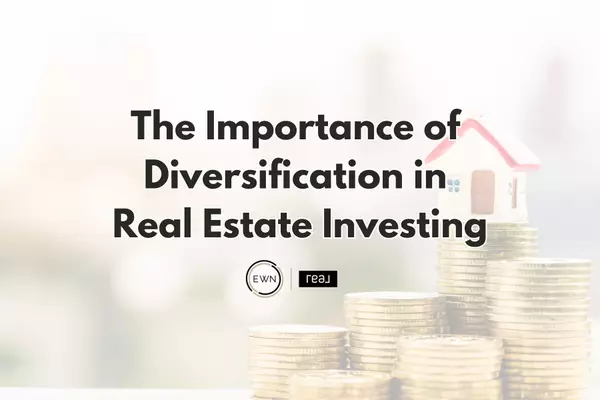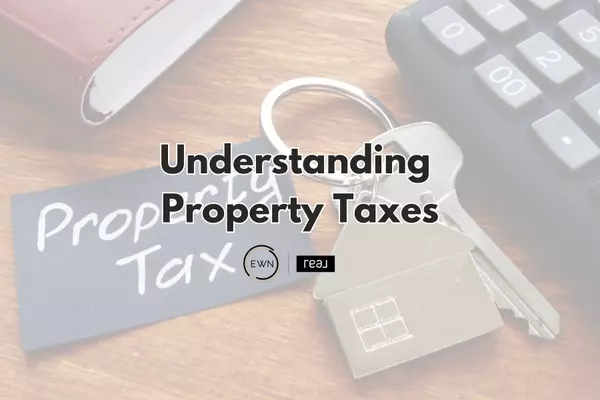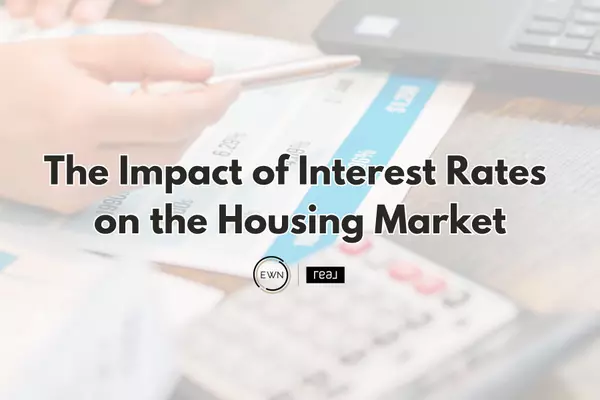The Impact of Interest Rates on the Housing Market
The Impact of Interest Rates on the Housing Market: Analyzing How Interest Rate Fluctuations Affect Home Buyers and Sellers
In the ever-evolving real estate landscape, few factors wield as much influence as interest rates. Whether you’re a first-time homebuyer, a seasoned investor, or a homeowner considering selling, understanding how interest rate fluctuations impact the housing market can be the difference between making a savvy decision and missing out on key opportunities. This article dives deep into the relationship between interest rates and the housing market, with tailored insights for both buyers and sellers.

Understanding Interest Rates and Their Role in Real Estate
Interest rates, specifically mortgage interest rates, are determined largely by the Federal Reserve’s benchmark rate, though other economic factors such as inflation, employment rates, and the global economic climate also play a role. These rates directly affect the cost of borrowing money to purchase a home.
When interest rates are low, borrowing becomes cheaper, encouraging more people to enter the market. Conversely, when rates rise, the cost of financing a home increases, often leading to a cooling in demand.
For an in-depth look at how mortgage rates are determined, check out this resource from Investopedia.
Impact of Rising Interest Rates on Homebuyers
1. Reduced Affordability
One of the most immediate effects of rising interest rates is reduced purchasing power for buyers. For example, a 1% increase in interest rates can decrease a buyer’s budget by as much as 10%, depending on the loan amount and term. This limits the type and size of property a buyer can afford.
2. Monthly Payment Increases
Even small rate hikes can significantly impact monthly mortgage payments. For instance, the difference between a 5% and a 6% interest rate on a $300,000 mortgage can add over $180 to a monthly payment, or more than $65,000 over the life of a 30-year loan.
3. Increased Competition for Lower-Priced Homes
As affordability shrinks, more buyers may shift their focus to less expensive homes, intensifying competition in lower price brackets. This can drive prices up in those segments even when the overall market slows down.
4. Hesitation and Market Uncertainty
Rising rates often create uncertainty. Buyers may delay purchasing decisions, hoping for better conditions, which can stagnate the market.
For current interest rate trends, visit Freddie Mac’s Primary Mortgage Market Survey.
Impact of Rising Interest Rates on Home Sellers
1. Shrinking Buyer Pool
As rates rise and affordability declines, the number of qualified buyers decreases. This can result in longer days on market and may force sellers to make price reductions to attract interest.
2. Pressure to Price Competitively
Higher rates may deter bidding wars and over-asking offers that were common in low-rate environments. Sellers need to price their homes competitively to appeal to a more selective pool of buyers.
3. Decline in Home Equity Growth
Slower appreciation or even price declines in some markets can impact seller equity, particularly for those who bought recently or refinanced at a higher valuation.
4. Potential Delay in Selling Plans
Sellers with ultra-low mortgage rates may be reluctant to sell and take on a new mortgage at a higher rate, leading to reduced inventory in the market.
For an insightful analysis of housing market trends amid rate hikes, check out Redfin’s Housing Market News.

Opportunities for Homebuyers in a High-Rate Market
While rising rates can seem like a deterrent, they also offer some unique opportunities:
- Less Competition: With some buyers exiting the market, there’s less competition for desirable homes.
- Price Negotiations: Sellers may be more willing to negotiate on price or offer concessions such as covering closing costs or buying down points.
- Refinancing Later: Buyers can consider purchasing now and refinancing when rates drop in the future.
For more on navigating home buying during rate hikes, read Bankrate’s Guide to Buying a Home in a Rising Rate Environment.
Strategies for Home Sellers in a Rising Rate Environment
- Stage and Market Effectively: Ensure your home is in top condition and professionally marketed to stand out.
- Offer Incentives: Consider offering buyers incentives, such as mortgage rate buydowns or covering part of their closing costs.
- Work With a Skilled Agent: A real estate agent who understands local market dynamics and has strong negotiation skills can be invaluable.
What Happens When Interest Rates Fall?
On the flip side, falling interest rates can stimulate the housing market:
- Increased Buyer Demand: Lower rates increase affordability, bringing more buyers into the market.
- Rising Home Prices: More demand often drives up prices, especially in competitive markets.
- Quicker Sales: Homes tend to sell faster and closer to, or above, listing price.
- Refinancing Boom: Homeowners take advantage of lower rates to refinance and reduce monthly payments.
The National Association of Realtors provides a monthly report on home sales and market activity, which reflects how rates influence buyer behavior.
What This Means for Real Estate Agents
Real estate agents play a crucial role in helping clients understand and adapt to interest rate changes. Agents should:
- Educate Clients: Provide updated information on interest rate trends and what they mean for affordability and demand.
- Partner With Lenders: Build relationships with mortgage professionals who can help clients find the best loan products and navigate the financing process.
- Use Data Strategically: Leverage local market data to set realistic expectations for both buyers and sellers.
- Tailor Marketing Approaches: Adjust strategies based on current rate environments to reach and resonate with the right audience.
Final Thoughts
Interest rates are a powerful force in the housing market, shaping everything from buyer demand to seller behavior. While rising rates can introduce challenges, they also open up new avenues for savvy buyers and sellers to succeed. Whether you’re entering the market or considering your next move, staying informed and working with experienced professionals can help you navigate rate fluctuations with confidence.
Related Resources:
Categories
Recent Posts











EWN California
